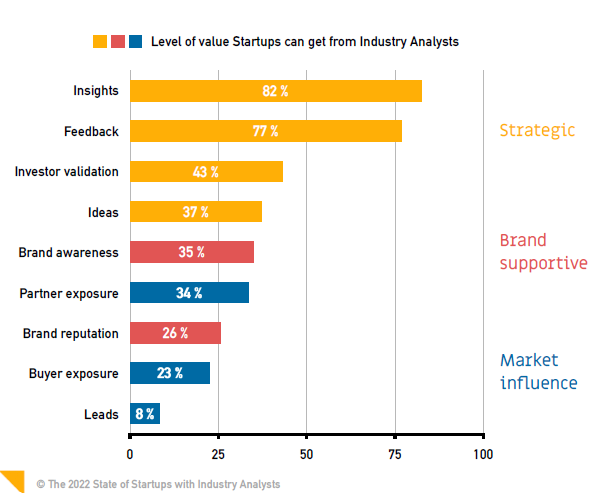After surviving a year that brought us supply chain issues, record inflation, labor shortages, and massive layoffs, we are now faced with a tumbling stock market, a hike in interest rates, and an emerging recession.
But as we have seen in the past, an economic downturn can be an opportunity instead of a threat. After all, companies like Microsoft, Instagram, and Air BnB were formed during or just after a recession.
Companies that will win in this climate are the ones who diligently use data to maintain and improve their strategies and services, and who master the balance between cutting costs to survive today and investing in growing tomorrow.
And there are tools and actions available that will help you successfully navigate an economic slowdown.
Create a Data-Driven, Agile Strategy
In challenging times, building a strategy should neither rely on gut instinct alone nor should it repurpose what worked in the past. Situations can change very quickly during a decline in economic activity, and new factors impact even the best-researched plans. Make sure you use independent, reliable, up-to-date data to be able to reflect all kinds of economic scenarios and make informed decisions about factors like forecasting your total accessible market, pricing models, growth performance, and financial models.
Working with an industry analyst can fast-track the development of a successful strategy by delivering third-party insight, feedback, and ideas.

Understand your Buyer
In times of economic downturn, it’s more important than ever to understand your customers and their changing buying habits. The right data will give you insights into your users’ experiences, expectations, and motivations, and will ensure that actions involved in acquiring new and serving existing customers are tailored to your buyers’ needs.
Read the latest research on tech buyers’ behaviors in our recent worksheet.
Use Data to Forecast – Carefully
Forecasting is a vital part of any company’s success strategy, regardless of the economic climate. Now more than ever it’s essential to equip your sales team with the right data and analytics that enable them to plan and take the decisions needed to succeed.
When planning a forecast during a recession it’s important not to be overly optimistic. Use timely intelligence and “from the field” market insights to forecast thoughtfully. Also remember that planning in difficult times calls for accounting for best-case scenarios, realistic scenarios, and worst-case outcomes.
Enrich Data to Remain Competitive
While there is no doubt that the first-party data that you collect gives you invaluable insights into your performance, you will soon fall behind your competitors if you fail to enrich it with external data sources.
Enriching your data will fill in any gaps and add new information. This will give you the insight you need to stay relevant to your current clientele and fine-tune your products and services to reach new audiences.
Tools like IDC’s Black Book can enrich your data and define your customer target to align your sales strategy to the latest market opportunities and plan for future market expansion.

Keep Investing – But Wisely
According to research by Harvard Business Review, the companies that don’t only survive a recession but flourish after aren’t the ones who drastically cut costs. It’s the companies who master the balance between cutting costs to survive today and investing in growing tomorrow.
A data-driven approach will help you identify which parts to cut, and where to invest for future growth. Wise investments during a recession can make the difference between surviving or flourishing during and after the economic downturn. Programs like IDC’s Emerging Vendor Solutions will help you to increase market awareness, find prospective clients, and stay top of mind to changes in the industry.




